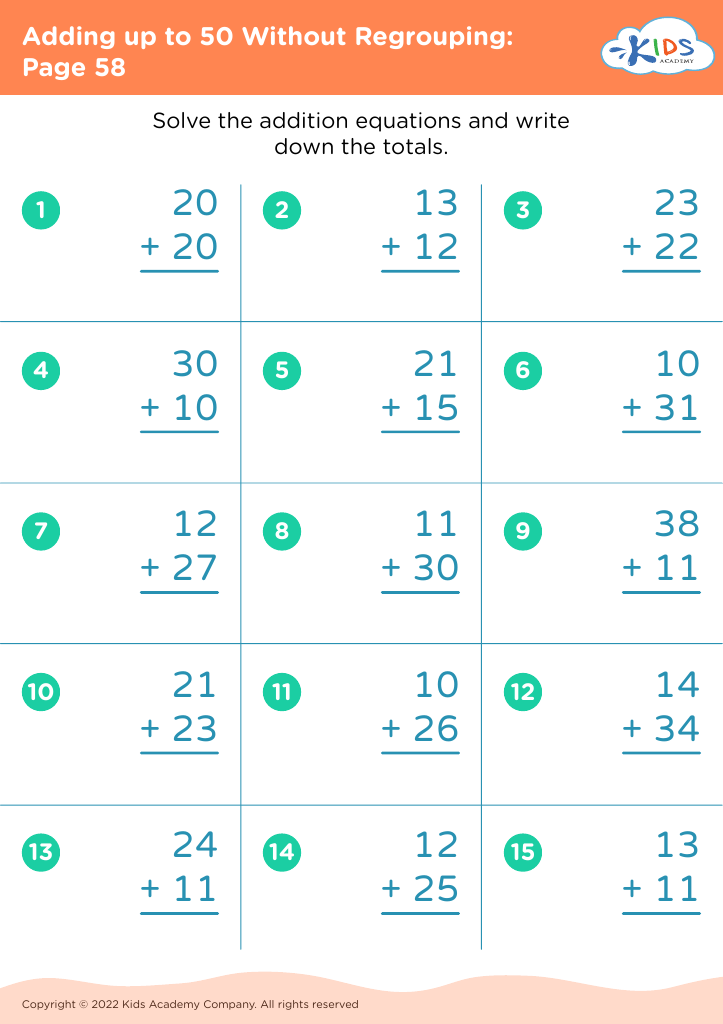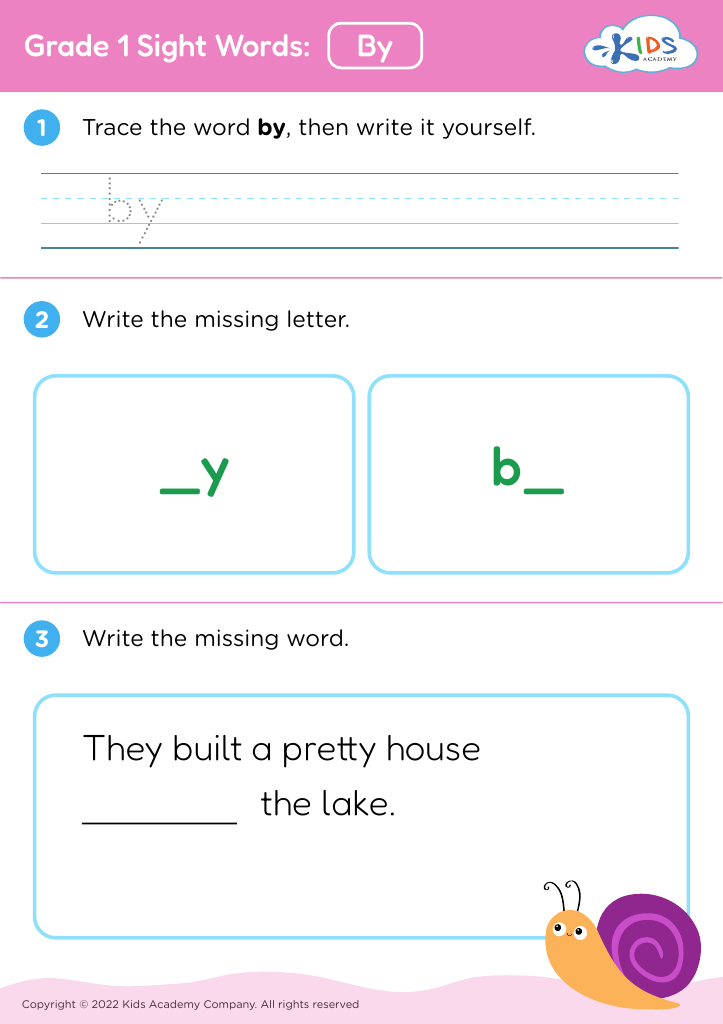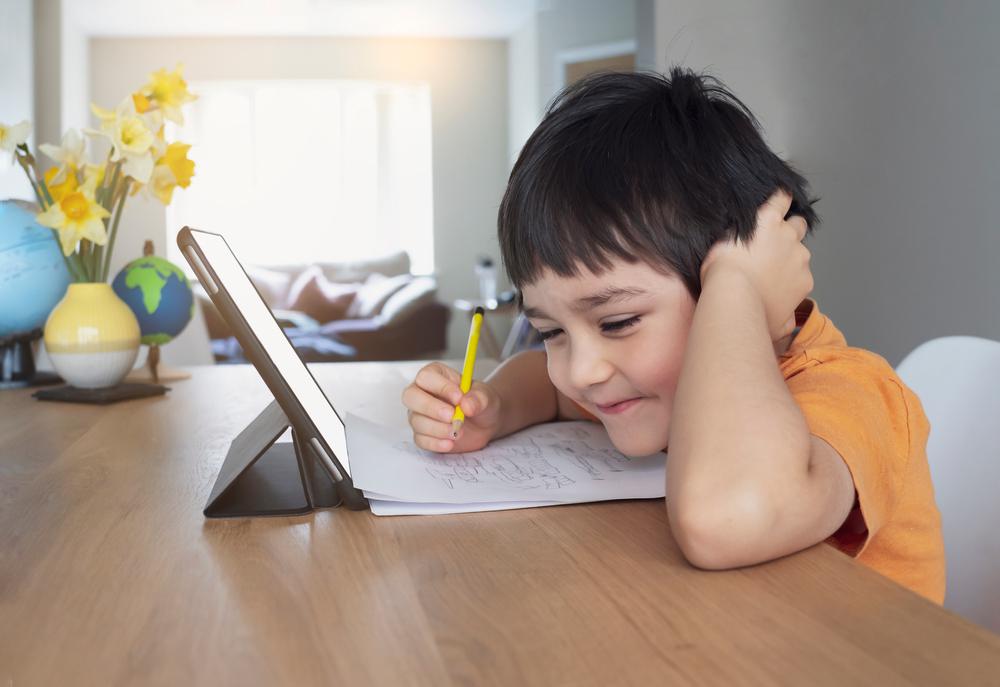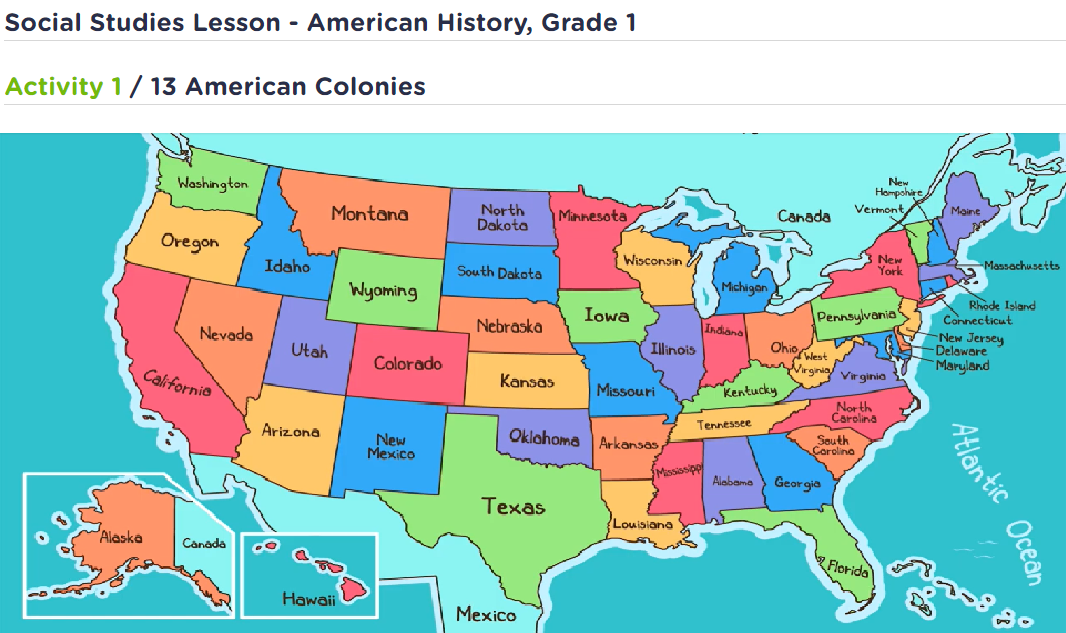Enhancing observational skills Worksheets for 7-Year-Olds
9 filtered results
-
From - To
Enhancing observational skills is crucial for the cognitive development of 7-year-olds. Our engaging worksheets are designed to stimulate curiosity and sharpen focus through interactive activities. Kids will explore a range of tasks that require them to closely observe patterns, details, and changes in their environment. These thoughtfully crafted exercises not only improve attention span but also encourage critical thinking and problem-solving skills. Parents and educators can use these worksheets as valuable educational tools, further enriching the learning experience. Discover how our enhancing observational skills worksheets can boost your child's abilities, making learning both fun and effective!
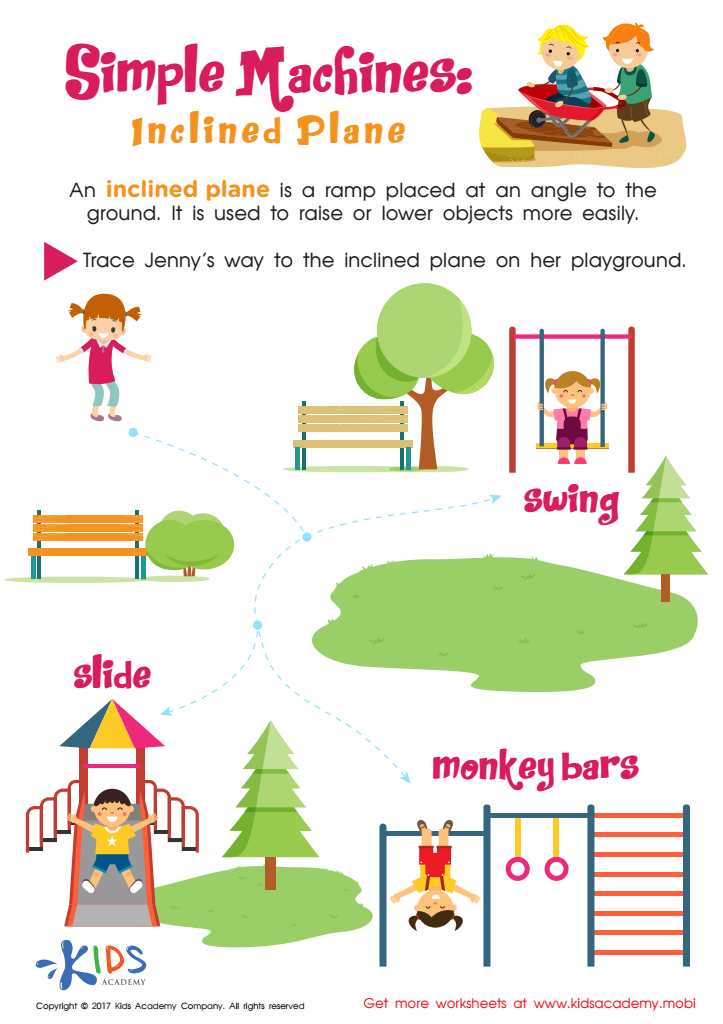

Simple Machines Inclined Plane Worksheet
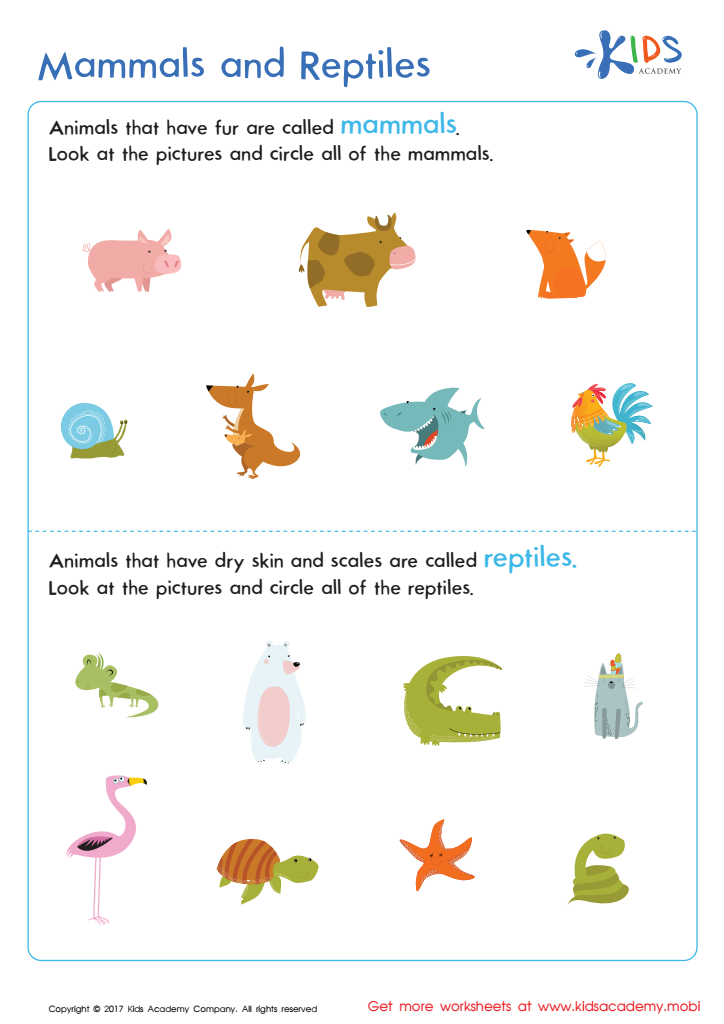

Mammals and Reptiles Worksheet
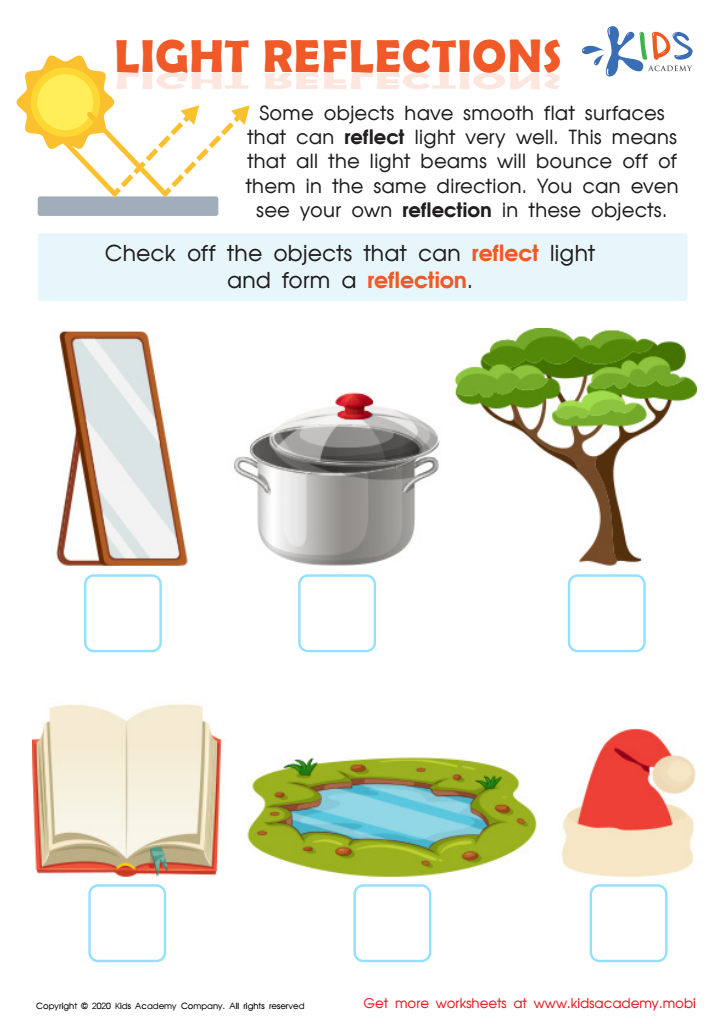

Light Reflections Worksheet
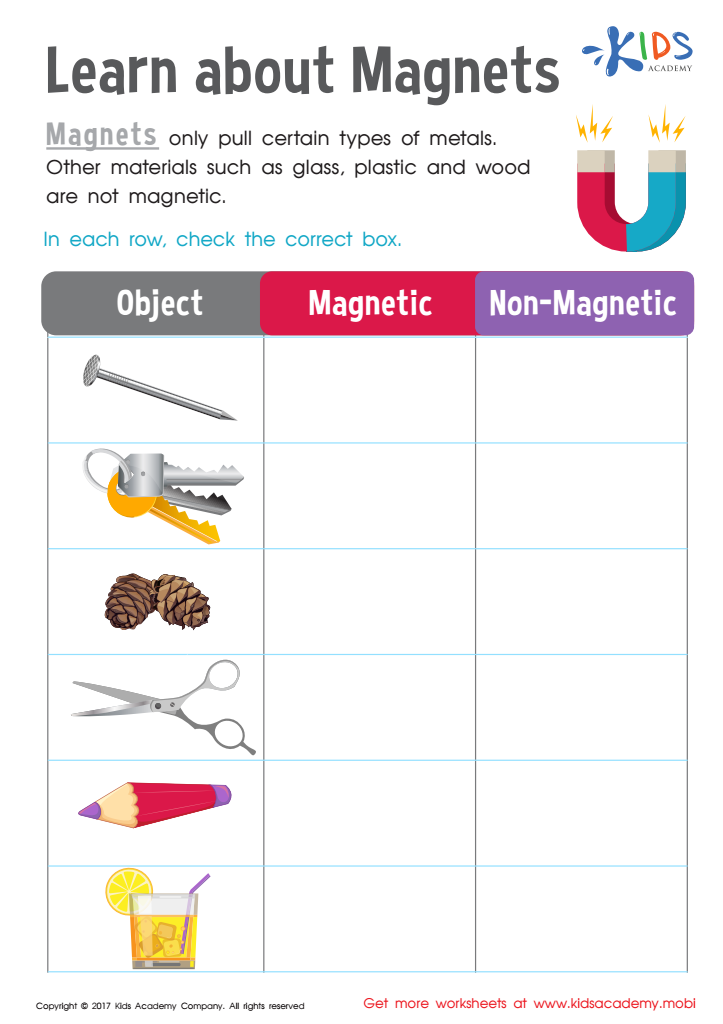

Magnetic Or Not Worksheet
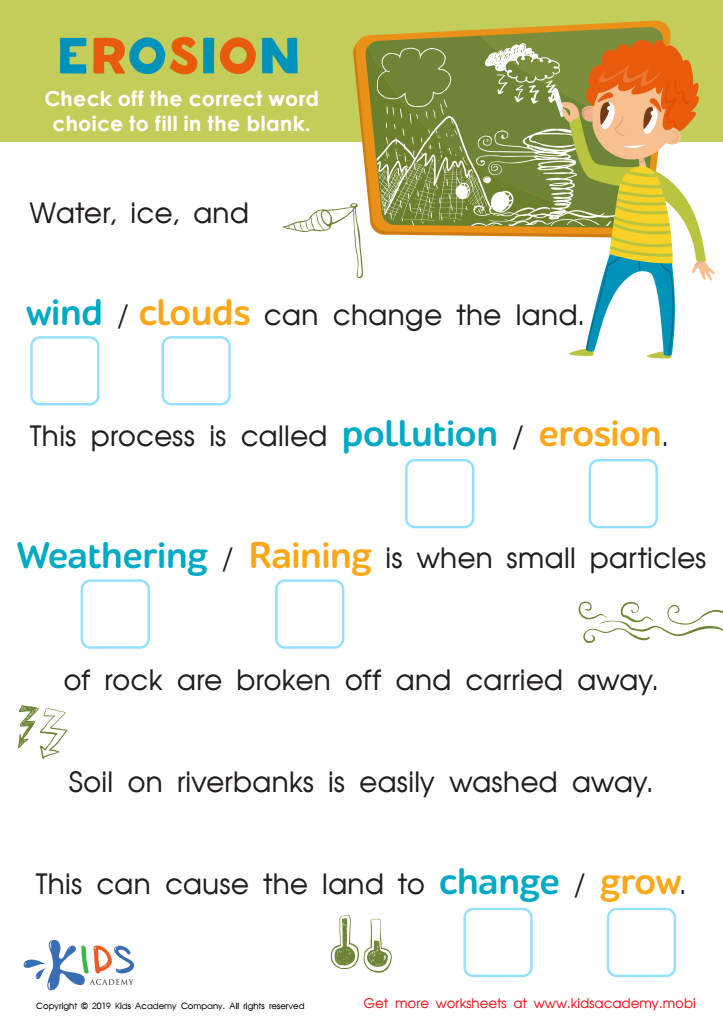

Erosion Worksheet
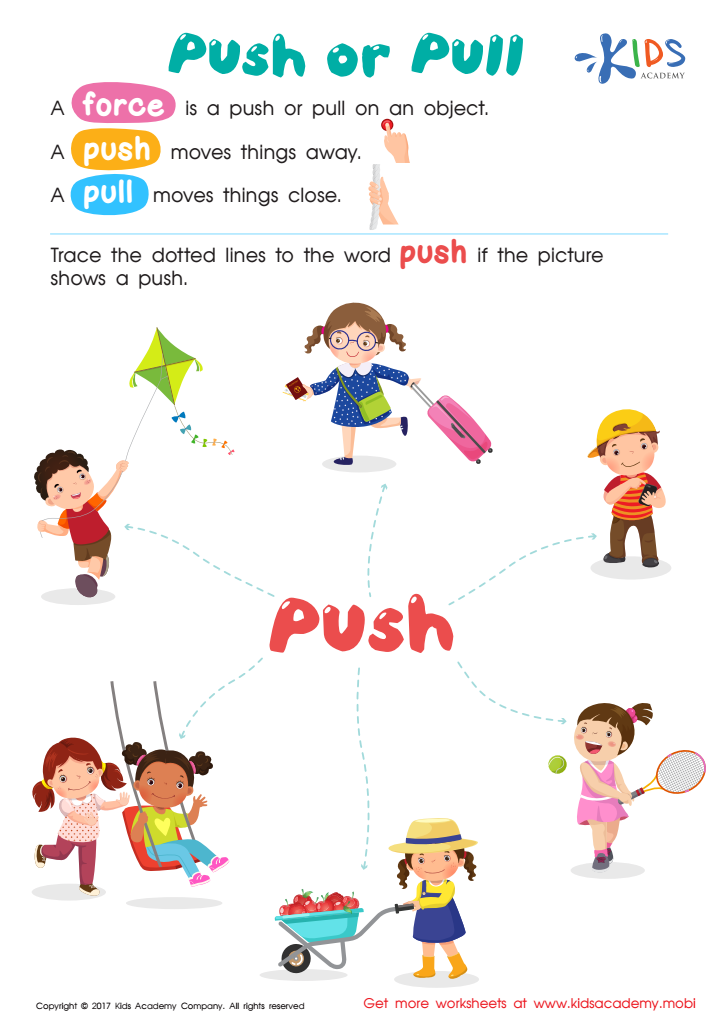

Push or Pull Worksheet
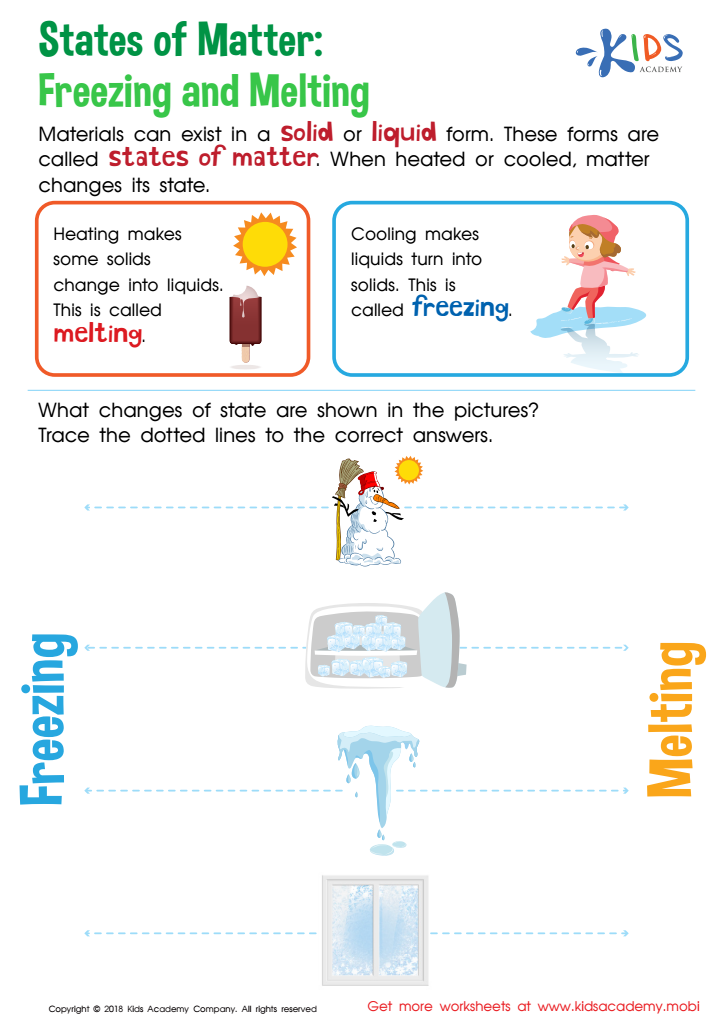

States of Matter: Freezing and Melting Worksheet
Enhancing observational skills for 7-year-olds is crucial for their overall development and academic success. At this age, children are naturally curious about the world, and encouraging them to hone their observational abilities can significantly improve their cognitive, social, and emotional skills. Sharp observational skills enable children to analyze their surroundings, notice details, and draw conclusions, which are foundational to critical thinking.
In educational settings, improved observational skills contribute to better comprehension in subjects such as science and reading. When children learn to observe carefully, they become skilled at identifying cause-and-effect relationships, patterns, and sequences, which enhances their problem-solving capabilities. Additionally, strong observational skills foster creativity, enriching their ability to express ideas visually and verbally.
From a social perspective, children who observe well can better interpret social cues and emotions in their peers, leading to improved relationships and communication skills. For parents and teachers, focusing on this development not only supports academic achievements but also promotes emotional intelligence and resilience. Ultimately, investing in enhancing observational skills cultivates well-rounded individuals prepared to navigate an increasingly complex world. By nurturing curiosity and attentiveness, adults can build a foundation for lifelong learning and success.
 Assign to My Students
Assign to My Students

